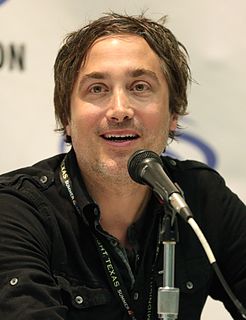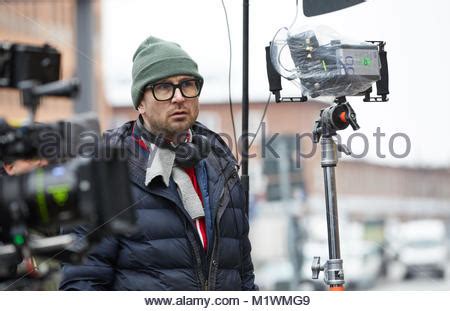A Quote by Hiroshi Fujiwara
Some of the bigger companies seem to be copying only to make money, which creatively is very bad. I sometimes wonder if they have any respect.
Related Quotes
You want to make a little money, and sometimes you want to play some really great parts. Sometimes they don't always coincide, or co-exist. Sometimes you've got to do good parts for no money and... You know, I sometimes can't do movies just for the money. I really can't. I mean, I've tried. Believe me, I'd love to just take the money and run. That might just be part of the equation, but there has to be something there. You have to be somewhat creatively satisfied.
I think bands will actually make more money without record companies; a much bigger share of the money will go to the bands. You won't have record shops taking 40 percent of the money. You won't have record labels taking 40 percent of the money. So they don't have to sell as many albums as they used to in the past. So it's not necessarily a bad thing if record companies disappear.
When private industry makes a mistake, it gets corrected and goes away. As governments make mistakes, it gets bigger, bigger and bigger and they make more, more and more because as they run out of money, they just ask for more and so they get rewarded for making mistakes. In the meantime that is exactly what we are doing by subsidizing companies which are failing, we have a reverse Darwinism, we've got survival of the unfittest, the companies and people that have made terrible mistakes are being rewarded and other people are being punished and being taxed.
I'd love to work on something that gets some type of critical respect. This business is sometimes so brutal - you work on something for months and really feel like the project is good and you're doing the best work you can, and then it just gets hammered by critics. It's such a bummer sometimes, because everything seems to build up to the release and a couple of bad reviews can make it seem like it was all a waste, which you know it wasn't.
You've got to try to figure out which is the bigger benefit and which is the bigger loser. It nearly killed him [Eric Clapton ]; he was in a very, very bad way for a long time, but he came through it. Most people don't come through it because they don't have the money to buy the people to look after them.
A lot of times, I relied on connections through my agency, just for financing and things like that. Even when I'm looking for a million and a half dollars to do a small film, there can always be hold-ups, because it's a large amount of money for some people, and it's a small amount of money for other people. In any case, it's significant enough to where you have to jump through a lot of hoops to get it to happen. Sometimes, the people who are helping you can drop the ball. And, of course, the reason agents want you to do bigger projects is that they make a bigger cut.
I seem to wonder if we can reach some kind of new destination with cinema, or touch upon human existence in a different way to what cinema usually does in its very schematic and sometimes very controlled, plot-oriented ways of thinking. Sometimes I feel like I've found the holy grail, and next week I think it's a complete mistake and I need to try something completely different. It's an ongoing process.



































